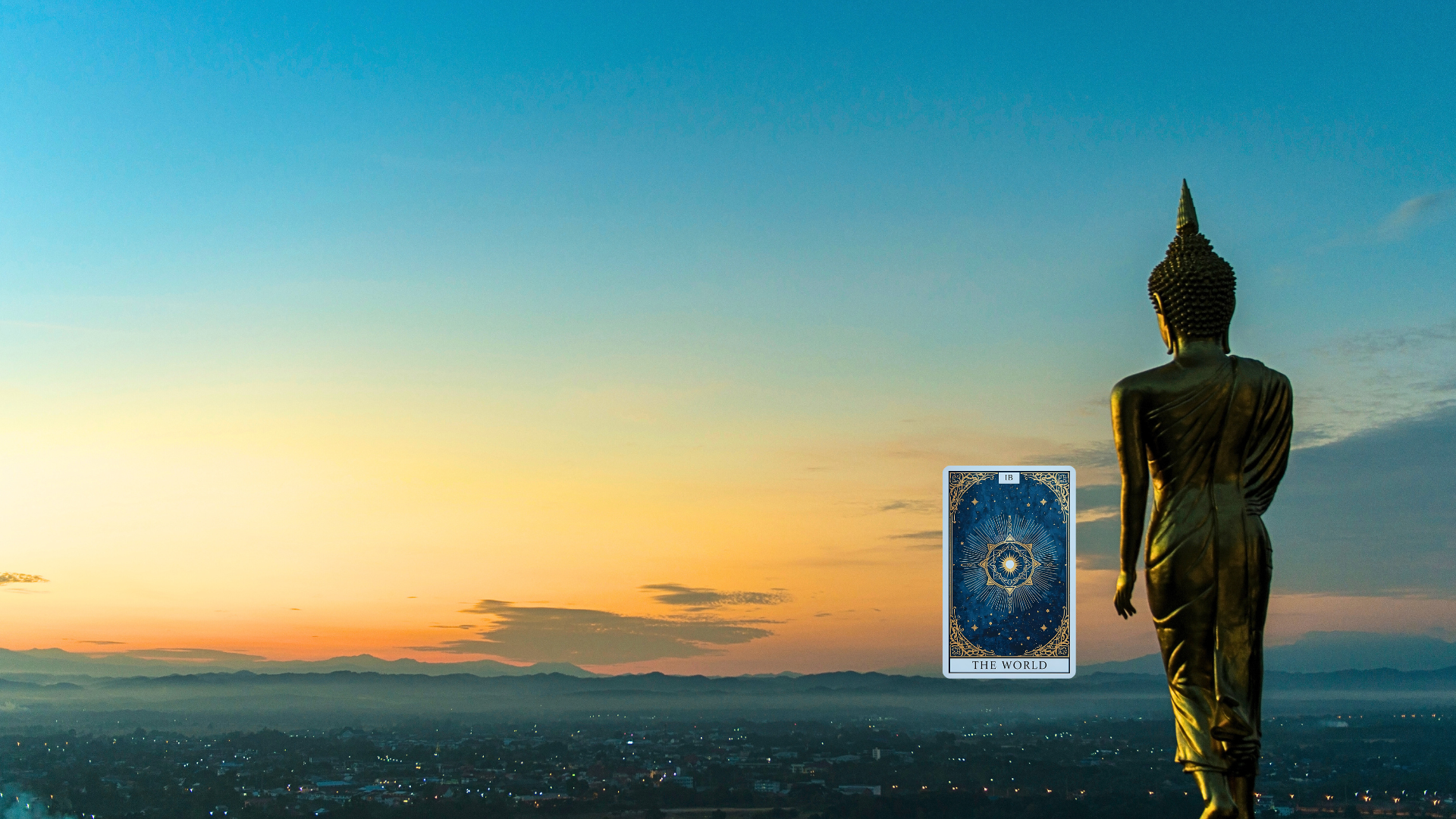
In the intricate tapestry of human experience, intuition emerges as a silent but powerful thread that weaves through the depths of our being. Often overlooked or dismissed as mere hunch, intuition is a profound form of non-rational knowing that taps into a wellspring of wisdom that lies beyond the confines of our conscious minds. While scientific understanding of intuition is still evolving, its transformative power to promote healing and well-being is undeniable.

The role of intuition in healing is deeply rooted in our inherent connection with our bodies. As a bridge between mind and matter, intuition acts as a sentinel, monitoring subtle shifts and changes in our physical and emotional states. It is this innate sensitivity that allows us to detect early warning signs of imbalances or potential health problems, enabling us to take proactive steps towards prevention and recovery.
Intuition also plays a crucial role in guiding our choices and decisions related to our health and well-being. It whispers gentle suggestions, urging us toward activities that nourish and rejuvenate, while subtly warning us against choices that could compromise our well-being. This intuitive guidance is particularly valuable in navigating the maze of modern healthcare, where we are often inundated with conflicting information and treatment options.
The healing power of intuition extends beyond physical ailments to the realm of emotional and psychological well-being. As we cultivate a deeper connection with our intuitive selves, we gain access to a reservoir of emotional intelligence, enabling us to understand and respond to our emotions with greater clarity and compassion. This self-awareness empowers us to navigate life’s challenges with resilience and determination, fostering inner peace and emotional balance.
The path to unlocking the healing potential of intuition requires a conscious effort to quiet the incessant chatter of our minds and tune into the subtle whispers of our inner knowing. Meditation, mindfulness practices, and deep breathing exercises are powerful tools for cultivating this inner stillness, creating a receptive space for intuitions to emerge.
As we embark on this journey of intuitive exploration, patience and self-compassion are essential companions. Intuition, like a delicate flower, flourishes when nurtured with care and attention. It requires us to be open to new possibilities, to embrace the unknown, and to trust our innate wisdom.
Embrace silent contemplation: Set aside time each day for quiet reflection, free from distractions. This could involve meditation, journaling, or simply sitting in nature and observing your surroundings.
Pay attention to your body's signals: Notice any subtle sensations, pains or discomforts that arise in your body. These may be subtle indicators of underlying imbalances or stress.
Listen to your gut feelings: Notice your immediate reactions to situations or decisions. Do you feel a sense of peace or discomfort? Pay attention to these intuitive clues.
Seek guidance through dreams and visualizations: Dreams and visualizations can offer powerful insights into your inner world and provide guidance for healing and growth.
Seek support from intuitive healers or mentors: Working with people with intuitive experience can provide valuable guidance and accelerate your journey of self-discovery.
Remember, intuition is a journey, not a destination. As you deepen your connection with your intuitive self, you will discover a powerful ally in your quest for holistic well-being.
Embrace the quiet whispers of your inner knowing and allow intuition to light the path to healing and transformation.